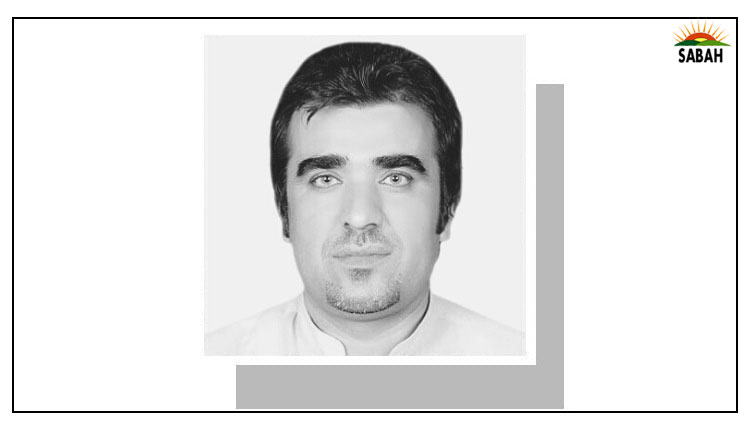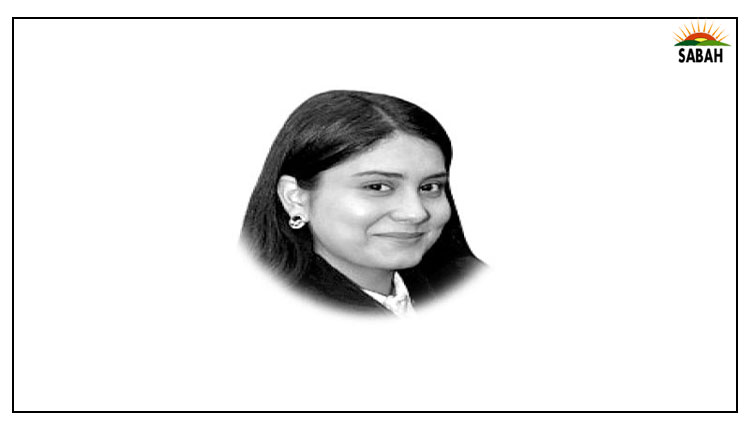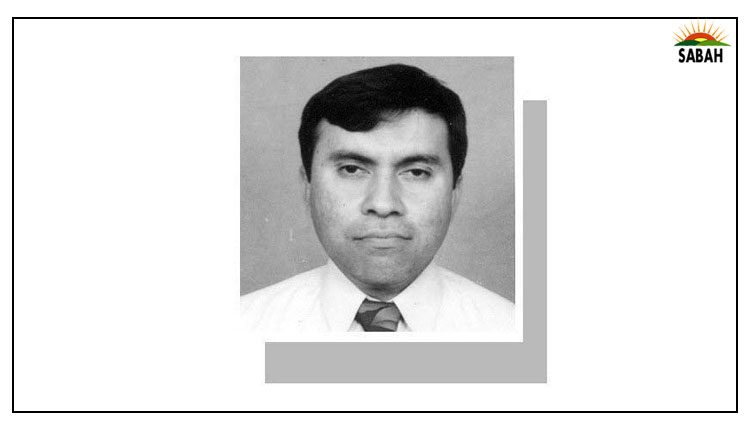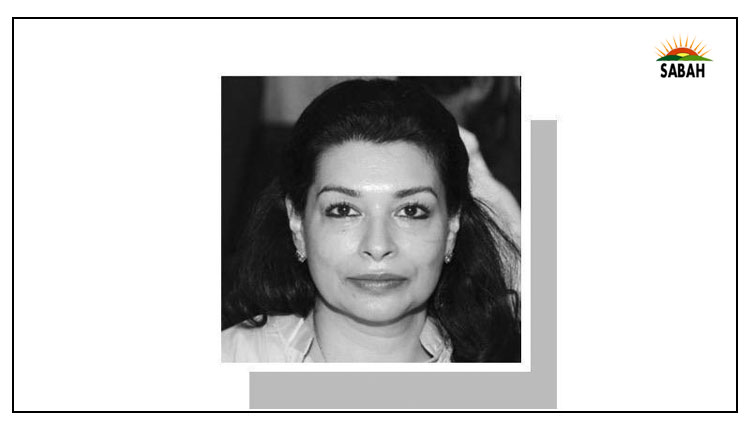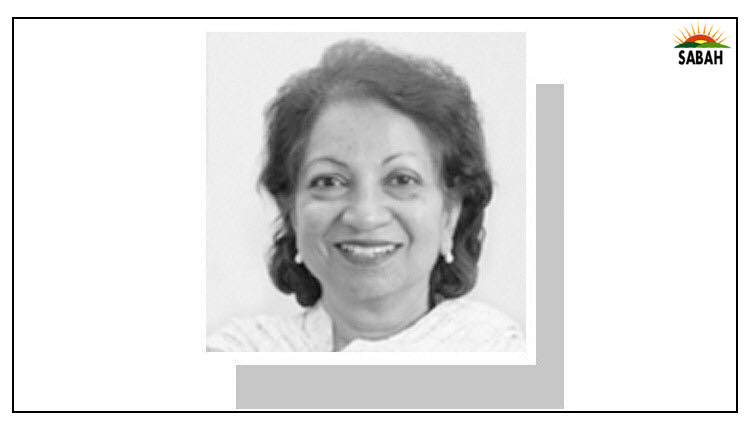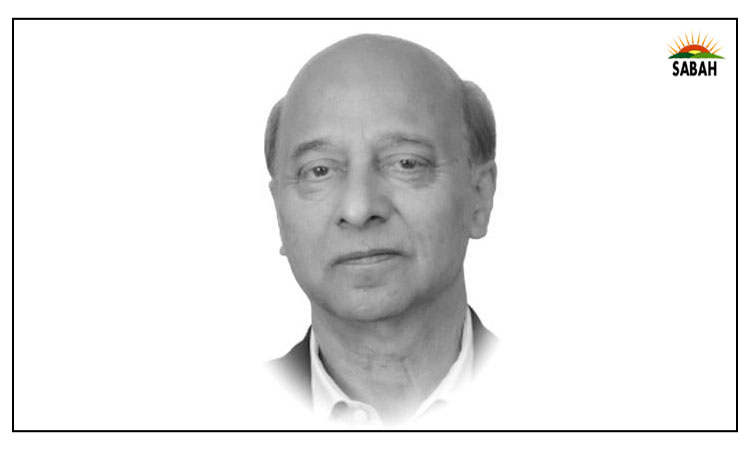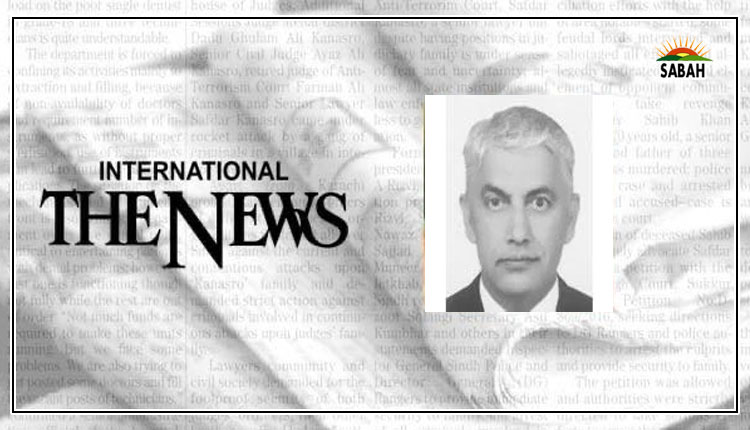The right way to right a wrong ۔۔۔۔ Muhammad Waqar Rana
The constitution empowers all branches of the government to frame rules for their internal business. The constitution also does not allow discussion about the conduct of judges in parliament. Similarly, courts are barred from calling into question the validity of the internal proceedings of parliament and inquiring into the advice of the prime minister or cabinet to the president. These limitations in the constitution recognize the separation of powers to protect people’s liberty.
The Supreme Court, and prior thereto the Federal Court, were empowered by our constitutions to frame their own rules of procedure and practice. The constitution defines and confers original, appellate and review and advisory jurisdiction to the Supreme Court. These rules, following British, Indian and common law practice, provide for formation of benches, fixation of causes and period of limitation for appeals, reviews, petitions and applications. The chief justice exercises administrative powers in relation to the formation of benches and fixation of causes. Appearance of advocates and their fee(s) are also regulated under these rules. The constitution recognizes the primacy of the chief justice (Articles 10, 152, 176 and 209).
The efficacy and legitimacy of these rules, the working of the Supreme Court and the powers of the chief justice were never questioned before. Complaints about the arbitrariness and manipulation of benches and causes by chief justices became frequent and louder after an increase in judicial overreach and controversial decisions by the court of political causes which made the office of the chief justice controversial and brought it in direct conflict with the political elite that was unwilling to abide by the rules in its fight for power. This tremendously increased after 2009 as the restored superior judiciary, which had been deposed through unconstitutional means, saw itself as saviour of the nation – a role wholly unfit for it. Two prime ministers were dismissed and disqualified. Several members of parliament were sent packing on solicited petitions. Power shifted from parliament and the PM House to unelected judges. The sword of contempt of court loomed.
Moved by several considerations, and after an order came, asking the government to hold elections in 90 days, parliament decided to clip the administrative powers of the chief justice in relation to the constitution of benches and fixation of causes. It also ‘attempted’ to right decades-long judicial wrongs by providing a right of appeal against orders passed on the original side even in time-barred cases by enacting the SC Practice and Procedure Act, 2023. Form prevailed over substance, political and personal interests over trust, and legality over legitimacy.
Supremacy of parliament is meant to protect peoples’ liberties. It is a trust that cannot be used for self-interest and undermine judicial independence. The list of judicial wrongs is too long. It is not limited to cases decided under Article 184 (3). It should have started from 1954 when the first judicial decision of the Federal Court put Pakistan on the wrong course.
The act also controls constitutionally defined original jurisdiction of the Supreme Court and provides an appeal through ordinary legislation. These matters do not fall within the domain of practice and procedure and go way beyond it. The legislative power of parliament provided in entry 55 of the Federal Legislative List does not envisage this law. Parliament while enacting the procedure act, therefore, referred to articles 10 A and 191. This is impermissible under the constitution in the author’s view.
In a federal constitution, legislative powers are distributed in the constitution with precision. Article 142 of Pakistan’s constitution distributes these powers between parliament and provincial assemblies. Parliament is also empowered under some other articles (146, 176, 193, 212 and 240) to enact laws but either there is a corresponding entry in the Fourth Schedule or the said provision expressly permits it. Parliament in all those cases is empowered to pass an ‘Act of Parliament’, a defined expression under Article 260.
The term ‘Act of Parliament’ has been used in more than seventeen provisions of the constitution. In the chapter on judiciary, the said expression is used in six provisions (compare Article 191 with articles 176,191 and 193). There is a reason behind this. Only parliament can enact a law in relation to the judiciary. On the contrary, the word ‘law’ has been used in several provisions of the constitution which means law in its generic sense and includes an act of a provincial assembly or a principle of law enunciated under Article 189. Reference to ‘law’ in Article 4 and in provisions relating to fundamental rights makes the point clear. The expression ‘subject to the constitution and law’ used in Article 191 of the constitution does not confer legislative power, like other provisions, on parliament to enact the SC Practice and Procedure Act, in this author’s view.
The expression ‘subject to the constitution’ has also been used in the constitution at several places. It means that a power given in a provision is controlled by some other provision of the constitution. It does not confer an amending power. A classic example is Article 142 that begins with ‘subject to the constitution’ which means that the legislative powers of parliament and assemblies are subject to Articles 8 and 143 and several other provisions of the constitution. The expression ‘subject to the constitution and law’ thus, used in Article 191, only implies that the Supreme Court’s rule-making power cannot derogate from the constitution and any law already enacted. Rules cannot confer jurisdiction. Rules cannot override the law of limitation that fixes period(s) of limitation for different causes. Rules cannot regulate the legal profession.
The procedure for constitutional amendment is given in Article 239 for which parliament does not need a power under any other provision of the constitution. The expression ‘subject to the constitution’ does not confer an amending power. Similarly, the expression ‘subject to law’ in the absence of legislative power does not confer a legislative power on parliament.
Then comes entry 55 which provides that “jurisdiction and powers of all courts other than the Supreme Court with respect to any matter in this list….enlargement of the jurisdiction of the Supreme Court and conferring on it supplemental powers”. This last part of the entry is relevant for present purposes. Entry 53 of the federal legislative list contained in the Government of India Act, 1935 was similarly worded. Article 60 of the 1962 constitution of Pakistan and Article 138 of the Indian constitution are identical to it. This simply means that parliament can, by an Act of Parliament, confer appellate jurisdiction on the Supreme Court. But parliament must be empowered by the constitution in this respect. Reference may be made to the proviso of Article 212(2) of the constitution and a recent judgement of the Supreme Court.
Judicial wrongs committed through judgements certainly need serious reconsideration but can be remedied only through a constitutional amendment. An ordinary law cannot override judicial power. Original jurisdiction may be done away or expanded but only in exercise of the constituent power. Rules can provide that every cause under Article 184 (3) may be heard by the whole court which is supported by the text of the said Article. But only through a constituent power. Benches for important constitutional cases may be formed by amending the rules. India amended the constitution for this purpose. The chief justice’s administrative powers, in relation to benches and causes, too can be managed through rules like other constitutional courts. The SC Practice and Procedure Act amounts to making inroads into the independence of the judiciary. All ills can be cured by following the constitution.
The writer is an advocate of
the Supreme Court and former additional attorney
general for Pakistan. He can be reached at:
mwaqarrana@yahoo.com
Courtesy The News





